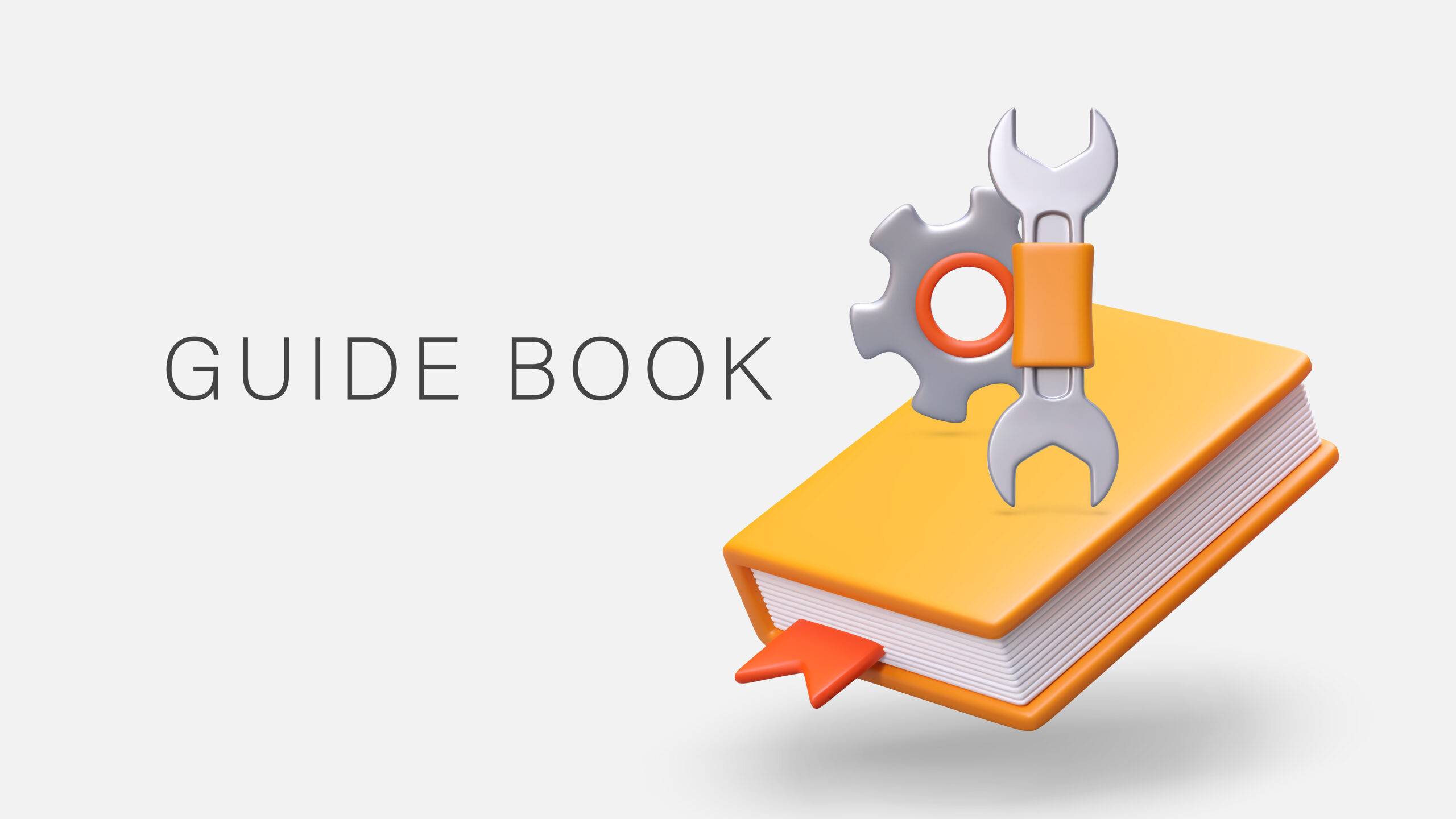Self-Study
Law Firm Accounting
Learn the characteristics of law firm accounting, including billing, income distribution, and financial reporting.

$87.00 – $107.00
Webcasts are available for viewing Monday – Saturday, 8am – 8pm ET.
Without FlexCast, you must start with enough time to finish. (1 Hr/Credit)
Please fill out the form below and we will reach out as soon as possible.
CPE Credits
3 Credits: Accounting
Course Level
Overview
Format
Self-Study
Course Description
A law firm has a number of unique accounting requirements. It is strongly focused on the proper identification of chargeable hours, correctly structured billings, distributable income calculations, partner accounts, practice group reporting, realization rates, and much more. Law Firm Accounting provides the accountant with the information needed to set up a charge code system, account for ongoing business transactions, prepare financial statements, and issue a broad array of reports that are specifically targeted at the needs of a law firm. This law firm accounting CPE addresses every aspect of the accounting for a law firm.
Learning Objectives
Upon successful completion of this course, participants will be able to:
- Recognize how the modified cash basis varies from accrual basis accounting, and how this impacts the recognition of various transactions.
- Specify the circumstances that can lead to the under-realization or over-realization of hourly rates.
- Specify the types of billing arrangements in which a law firm typically engages.
- Identify the accounting techniques that can be used to reduce the amount of reported income.
- State the types of expenses that are categorized as compensation or operating expenses.
- Describe the derivation of distributable income.
- Specify how the financial statements change when shifting from the modified cash basis to the accrual basis of accounting.
- Identify the contents of the line items commonly found in the statement of cash flows.
- Recognize the uses to which the various management reports and metrics can be put.
- Identify the controls that can minimize instances of fraud within a law firm.
- Specify the controls applicable to the handling of cash within a law firm.
Course Specifics
SS124374675
September 23, 2024
There are no prerequisites.
None
88
Compliance Information
CMA Notice: Western CPE makes every attempt to maintain our CMA CPE library, to ensure a course meets your continuing education requirements please visit Insitute of Management Accountants (IMA)
CFP Notice: Not all courses that qualify for CFP® credit are registered by Western CPE. If a course does not have a CFP registration number in the compliance section, the continuing education will need to be individually reported with the CFP Board. For more information on the reporting process, required documentation, processing fee, etc., contact the CFP Board. CFP Professionals must take each course in it’s entirety, the CFP Board DOES NOT accept partial credits for courses.
Meet The Experts

Steven M. Bragg, CPA, is a full-time book and course author who has written more than 300 business books and courses. He provides Western CPE with self-study courses in the areas of accounting and finance, with an emphasis on the practical application of accounting standards and management techniques. A sampling of his courses include the The New Controller Guidebook, The GAAP Guidebook, Accountants’ Guidebook, and Closing the Books: An Accountant’s Guide. He also manages the Accounting Best Practices podcast. Steven has been the CFO or controller of both public and private companies and has been a consulting manager with Ernst & Young and …
Related Courses
-
 Accounting
Accounting
Accountants’ Guidebook
Steven M. Bragg, CPA QAS Self-Study
Credits: 30 $600.00
QAS Self-Study
Credits: 30 $600.00$600.00 – $640.00
-
 Accounting
Accounting
Accounting Fraud: Recent Cases
Joseph Helstrom, CPA QAS Self-Study
Credits: 1 $29.00
QAS Self-Study
Credits: 1 $29.00$29.00 – $49.00
-
 Accounting
Accounting
GAAP Guidebook
Steven M. Bragg, CPA QAS Self-Study
Credits: 29 $580.00
QAS Self-Study
Credits: 29 $580.00$580.00 – $620.00
